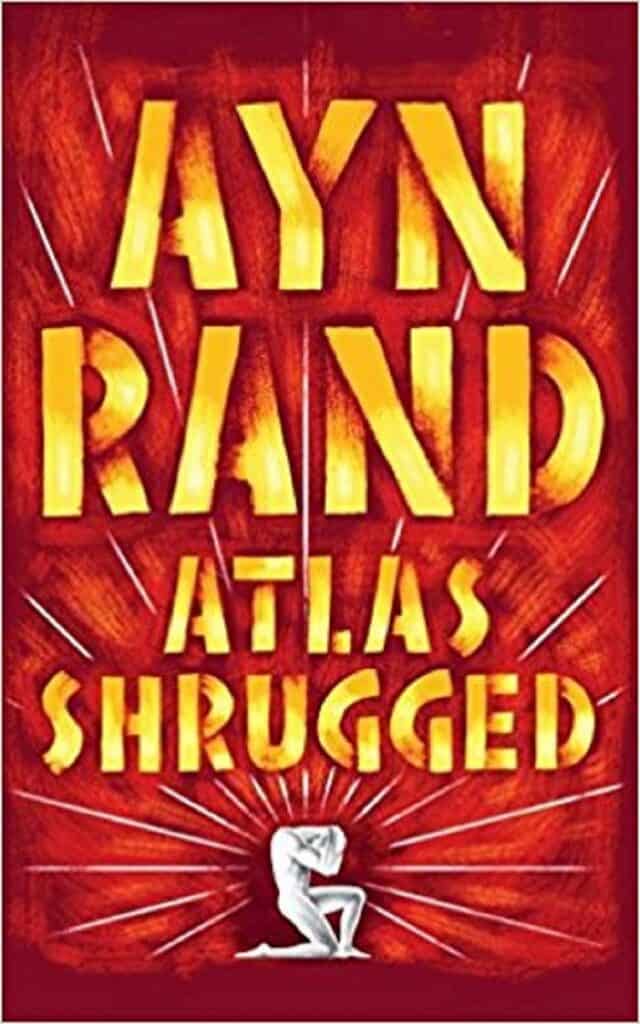Atlas Shrugged Essay Contest
Entry Deadline
Top Prize
Prizes Available
Eligibility
Welcome to your student dashboard for this year’s contest!
Here you can start a new application for the contest, view any of your existing saved or submitted entries, and even request a free copy of Atlas Shrugged if you don’t already have access to the book. Questions? Simply write to us at essays@aynrand.org. We’re here to help!
Our Grading Criteria
Essays are judged on whether the student is able to justify and argue for his or her view—not on whether the Institute agrees with the view the student expresses. Our graders look for writing that is clear, articulate, and logically organized. Essays should stay on topic, address all parts of the selected prompt, and interrelate the ideas and events in the novel. Winning essays must demonstrate an outstanding grasp of the philosophic meaning of Atlas Shrugged.
Available Essay Topics
In his speech about money, Francisco says: “Whenever destroyers appear among men, they start by destroying money, for money is men’s protection and the base of a moral existence. . . . Paper [money] is a check drawn by legal looters upon an account which is not theirs: upon the virtue of the victims. Watch for the day when it bounces, marked: ‘Account overdrawn.’” Explain what Francisco means by this and how it serves the purpose of his speech. Then explain how his statement can be seen as applying to our economic world today.
In his radio speech, John Galt names a principle that Rearden and Dagny have struggled to discover for themselves: “The evil of the world is made possible by nothing but the sanction you give it. . . . Do not try to live on your enemies’ terms or to win at a game where they’re setting the rules. . . . One cannot hope to maintain one’s life by accepting bribes to condone one’s destruction.” Explain what Galt means by this and how the issue plays a role in the plot of the novel. Describe an issue or event from current events (whether in your country or in its relations with others) to which you think this principle applies. How might events have unfolded differently if this principle of the sanction of the victim were taken more seriously?
The bum in the diner says to Dagny, “It doesn’t take any morality to turn out a ten-ton truck on an assembly line.” In important ways, the events of the novel go on to address this and other claims the bum makes in this scene about the nature of morality. What do they suggest is right about the bum’s conception of morality? What do they suggest is wrong about it? How, in particular, does Rearden start from the bum’s point of view and develop a new view over the course of the story?
